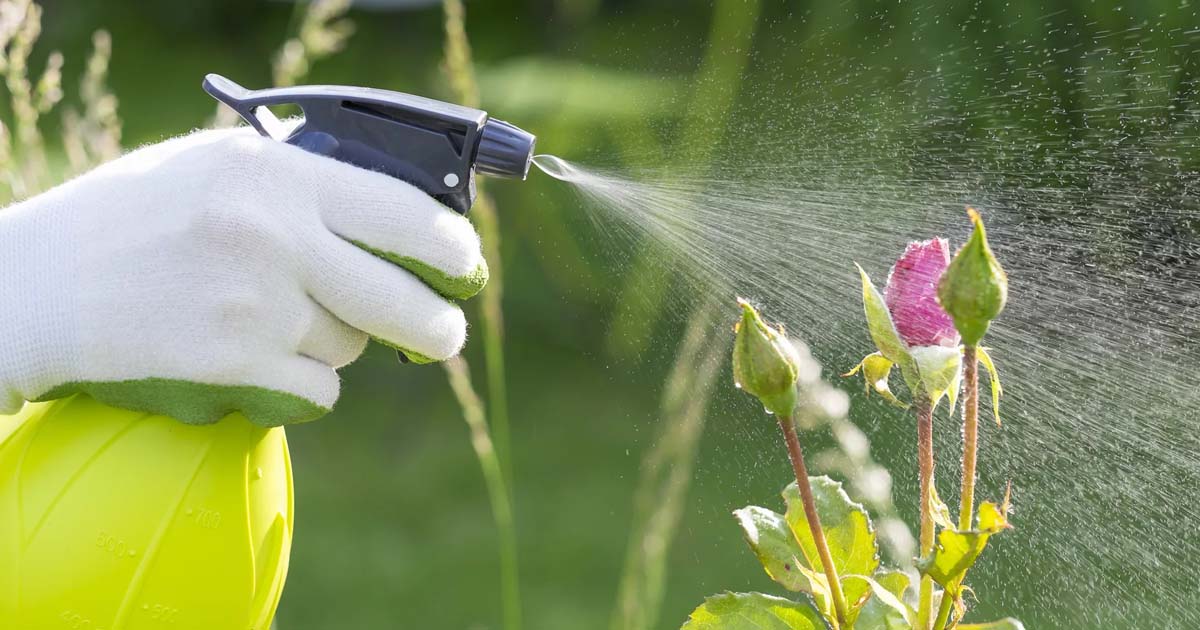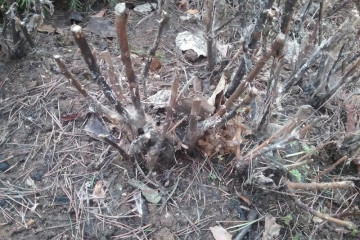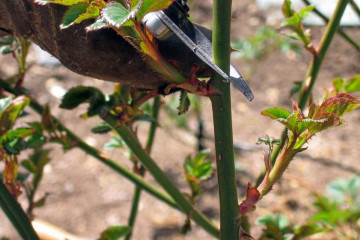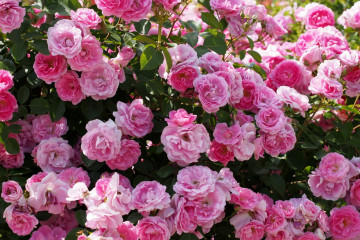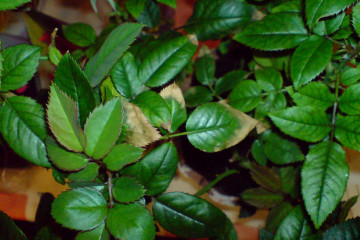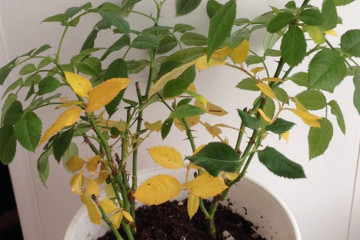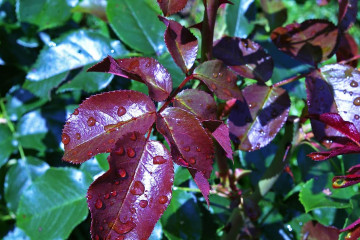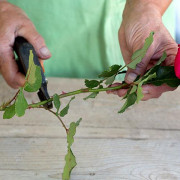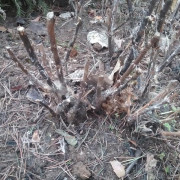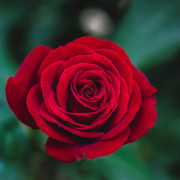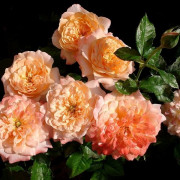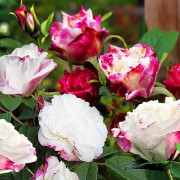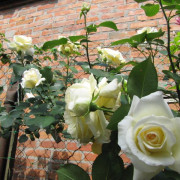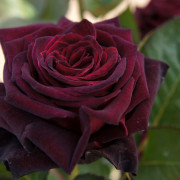Leaves of a rose in a hole - what to do with the problem
Content:
Popular and whimsical backyard plants are not always suitable for beginners in floriculture. Inexperienced gardeners, faced with a problem when the leaves are in a hole in a rose, do not know what to do to cure them. Professional advice will help you deal with such an unpleasant phenomenon.
A rose has leaves in a hole - is it normal or not
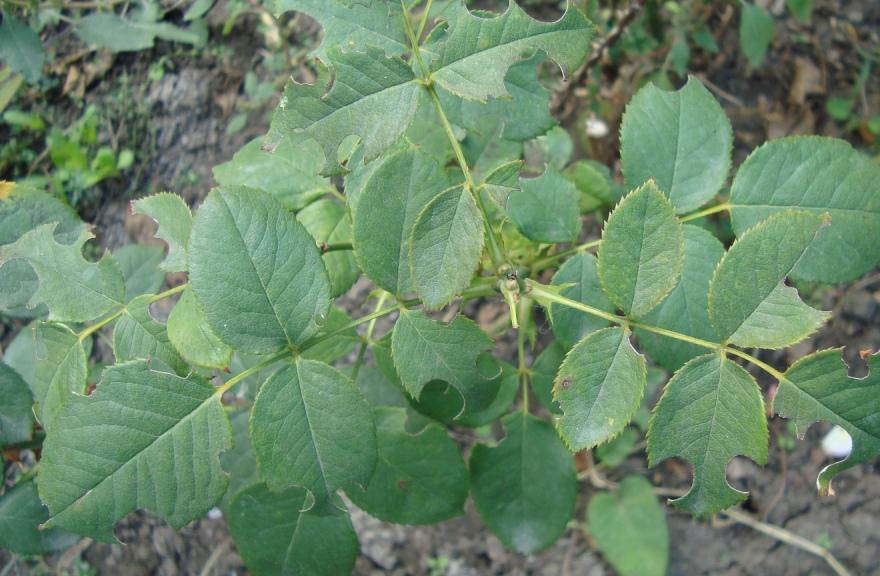
Leaky foliage on roses
A large amount of foliage makes it difficult to identify diseases in a timely manner. When the structure of the leaves changes, darkening or holes appear on them, it is necessary to find the original source of the problem, spray the bushes with insecticidal or fungicidal agents.
Why is this happening, the causes of the problem
Leaky foliage occurs when attacked by scale insects, aphids and other sucking parasites that have taken root on a weakened bush. Several types of pests can be found on one rose bush; each will require a separate approach to destroy.
Aphid
The small insect prefers young branches and unopened flowers. After an aphid attack, the bushes become attractive to all other parasites, they are not able to withstand diseases caused by viruses and bacteria.
Numerous colonies of insects can form on shrubs; their favorite habitats include:
- seamy side of leaves;
- peduncles;
- the inside of the buds.
Wingless females are dangerous with their offspring: the larvae gnaw through holes in the leaf plates, are distinguished by increased voracity. On the 10th day, young animals are able to reproduce independently.
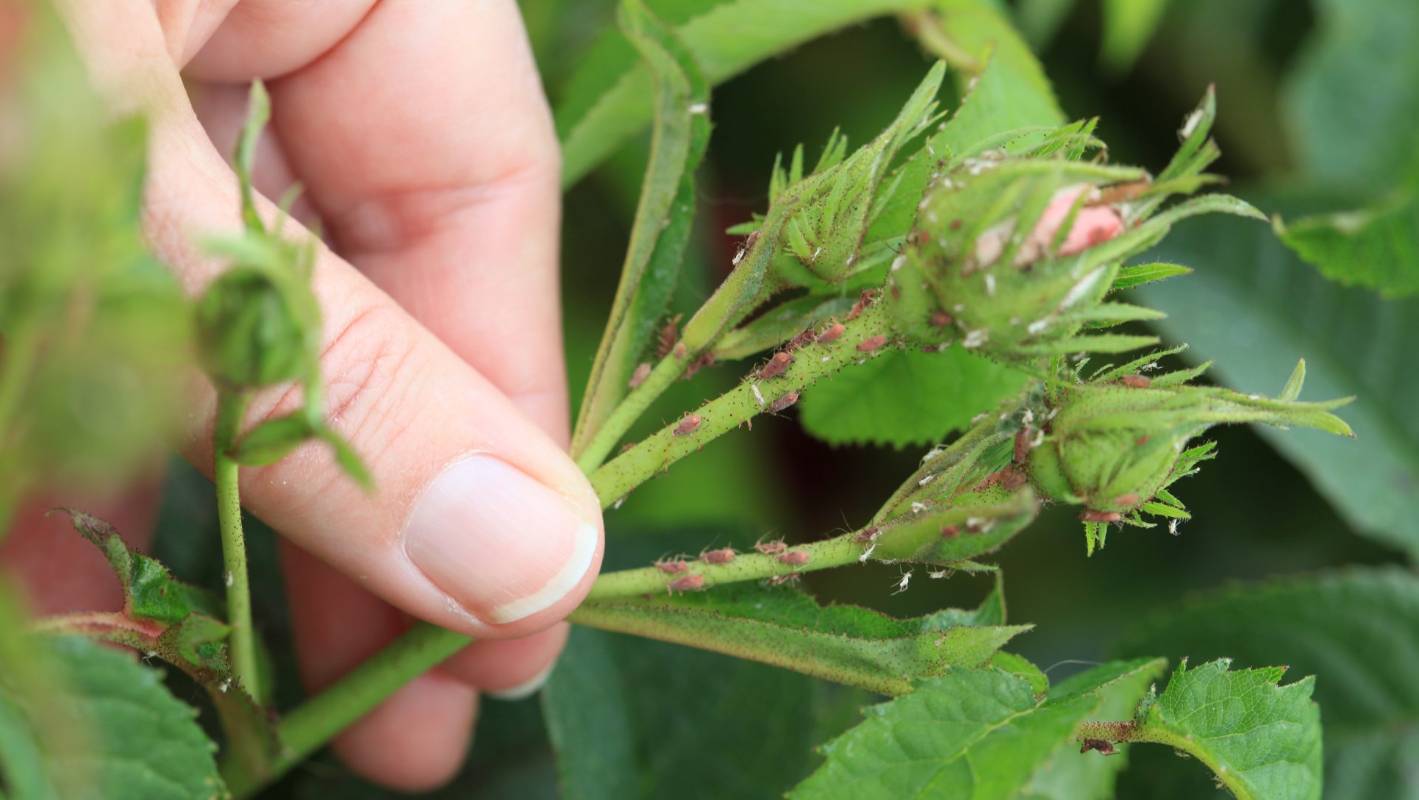
Green rose aphid
Spider mite
When the parasite first appears, it is almost impossible to find it. The pest has a translucent body, with a greenish-yellowish color. Protective paint allows the insect to remain invisible to potential predators and humans.
The tick feeds on plant sap, choosing young shoots. Reproduction takes place throughout the summer season, and the parasite can cause significant damage to all the greenery present in the garden. Its presence can be determined by twisted foliage covered with a mesh of small holes.
Shield
A small insect is difficult to spot, especially if it is present in a single amount on a flower. As a result of the activity of the scale insect, the foliage becomes covered with a sticky bloom, depriving the plant of oxygen. Because of it, the rose bush is at risk of contracting viral or bacterial infections.
Treatment consists in mechanical cleaning of the entire green part with a soap solution and a sponge. If the bush is single, then the procedure will be successful, but with multiple plantings, you can miss several insects and everything will start anew.Chemical and household compounds have practically no effect on the pest.
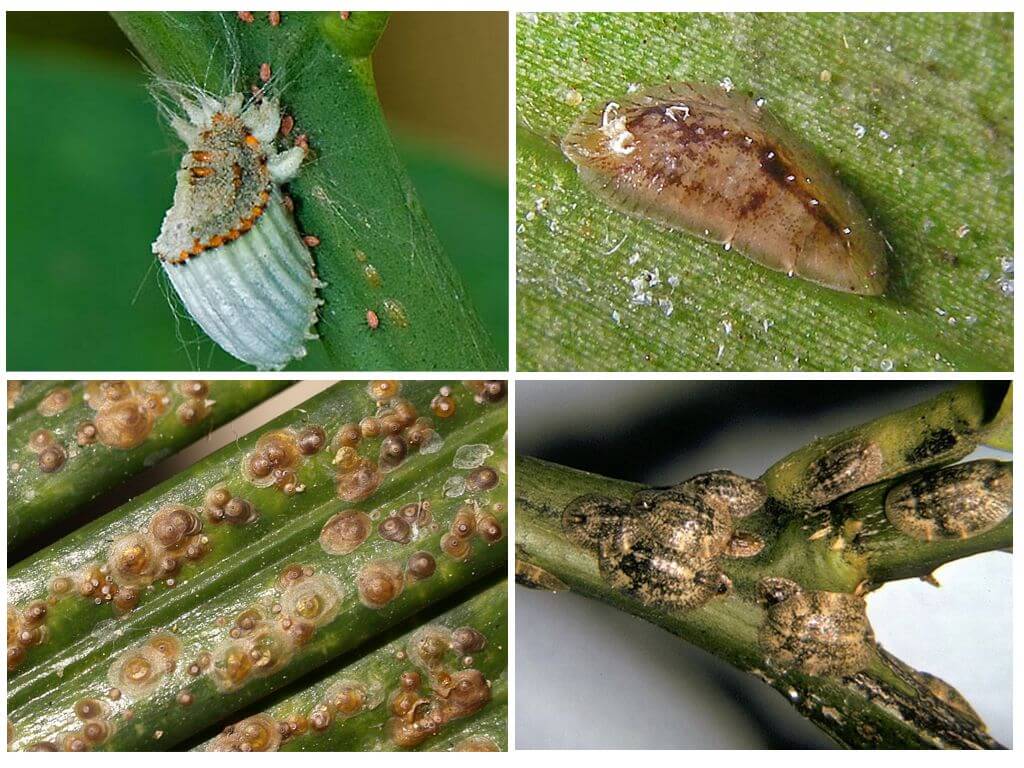
Shield defeat
Leaf roll
It is a representative of Lepidoptera, differs in a nondescript appearance, but extremely dangerous for greenery. With the arrival of the autumn period, the pest makes clutches of eggs, from which caterpillars with a brownish-yellowish color emerge in the spring. Gluttonous parasites gradually destroy buds and foliage, causing the latter to collapse.
A small colony is removed mechanically; in case of mass destruction, chemical compositions are used. Why the bush can die: ignoring the problem will lead to the transformation of caterpillars into butterflies and the laying of the next eggs.
Rose cicadas
It has the ability to move from bush to bush, is characterized by a longish body and greenish-yellowish wings. The parasite gnaws at the foliage, and the larvae prefer plant sap. The attack causes yellowness and wilting of the leaves.
It is not difficult to determine the presence of a pest: whitish-yellowish spots and small holes will begin to appear on the green part. An effective therapy against it has not been invented, flower growers carry out treatment against adults and larvae with various chemical compositions.
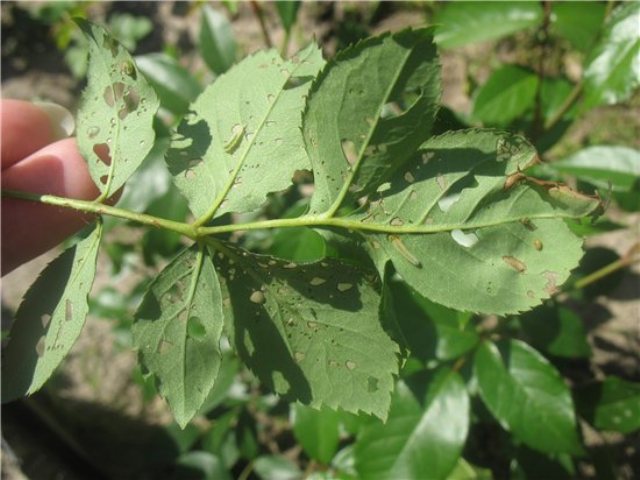
Rose leafhopper
What to do in this situation, how can you handle
Protecting plants from pests requires the regular use of various substances. Some gardeners prefer store-bought preparations, others prefer home formulations. It does not matter which technique will allow you to destroy insects, only the final result matters.
Chemicals
The list of good medicines includes the formulations listed below.
- Aktara
Aktar is used in the fight against the scabbard - in half an hour the result is visible. The pest does not develop addiction to the substance. Spraying can kill pollinating insects, including bees, before budding.
An insecticide is used to spray shrubs and the soil beneath them. Allows you to destroy about a hundred types of pests. It is made in powder, suspension, granules and tablets. The mixture is prepared with water heated to 25 degrees and above.
- Bazudin
Most gardeners use Bazudin to neutralize insect pests. Spraying is carried out according to the manufacturer's instructions, in the morning or evening. The foliage must be dry and free from dew. The composition is dangerous only when growing roses near a reservoir - residues trapped in it can harm the inhabitants.
It is made in the form of a whitish suspension; it can be used for the entire vegetative period. Helps to destroy colonies of aphids and leafworms, the average duration of action is from 2 to 4 weeks.
- Calypso
Designed to kill parasites living in the soil, helps to get rid of aphids. The active components are absorbed by the roots of the plant, then the chemistry enters the pest along with the juice.
The medicine is produced in powder form, the mixture obtained from one sachet can be processed up to 20 m2 territory. The manufacturer claims that it protects up to 45 days from pest attacks. The substance is dangerous for fish.
- Fitoverm
The drug is available in ampoules with different dosages. 6-16 hours after manipulation, it causes paralysis in parasitic insects and they will no longer be able to eat. Pests die on the third day after the procedure.
The composition is applied several times, at intervals of 3 to 7 days, low temperatures, dew and precipitation can reduce its effectiveness. Treatment is carried out in the evening, preferably in the dark - the active components of Fitoverm quickly decompose under the influence of ultraviolet rays.
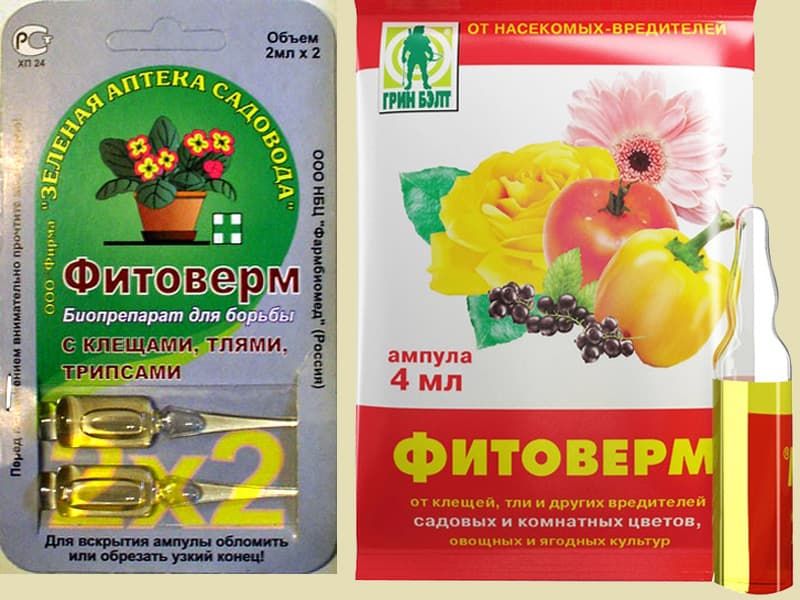
Fitoverm for garden
Folk remedies
What to do with holes in the leaves of a rose at home: there are several substances widely used by flower growers. The list of the most popular includes:
- Garlic tincture - 200 grams of garlic, chopped together with the husk, is poured with a liter of water and sent to a darkened room for 5 days. Shake the container daily. 100 grams of the prepared medicine is diluted in 5 liters of liquid and the resulting infusion is wiped over the foliage with a cotton pad or sponge.
- Soap solution - 3 tbsp. l. crushed laundry soap is dissolved in a liter of water, 100 grams of ash are added to the mixture. The finished product is sprayed with the affected plant.
Pest prevention
To prevent insect attacks, it is necessary to properly care for the rose garden. Experienced growers are advised to adhere to the following rules:
- carry out regular weeding under the bushes, with parallel removal of weeds;
- do not forget about loosening and hilling bushes;
- monthly spray roses and the ground under them with a slightly colored solution of potassium permanganate;
- watering as the soil dries up, avoiding waterlogging;
- carry out at least three dressings per season;
- until the buds swell, spray the flower garden with Nitrofen solution (in a proportion of 200 g per liter of liquid).
To protect the backyard from parasitic insects, experts recommend attracting birds, frogs, hedgehogs, ladybirds to the territory. Plants that repel pests can be planted next to shrubs. Timely inspection and removal of damaged branches, fallen leaves, subsequent treatment with insecticides will help reduce the risk of pest attacks on the rose garden.
Rose bushes are difficult to grow, the plants are capricious and demanding. With the wrong approach, they easily become infected, get sick for a long time and can gradually run wild, reborn into a regular rosehip. If yellowness appears on the foliage, it will become full of holes or begin to curl up into tubes. This condition signals the appearance of pests in the garden and the need to urgently process the entire perimeter.
